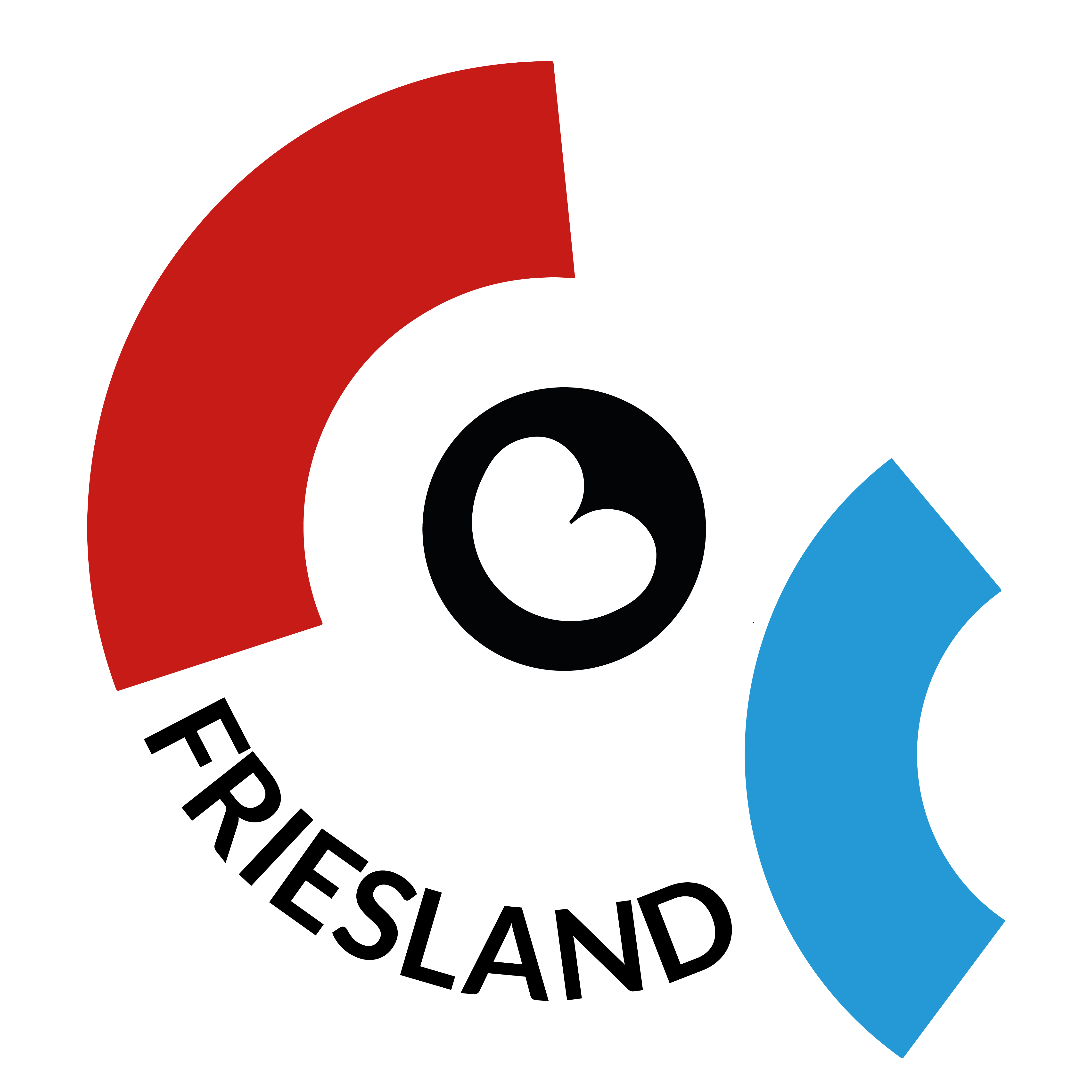”Dr. James Makokis treats young transgender people and teaches them about being two-spirit – an umbrella term used by many indigenous LGBT+ people that harks back to pre-colonial third gender roles
By Rachel Savage
EDMONTON, Alberta, Canada, Jan 8 (Openly) – Sitting on the floor of a teepee, in a circle of patients, friends and relatives, doctor James Makokis cried as he remembered his father struggling to accept him when he came out as gay at the age of 17.
Speaking to about two dozen people, including transgender teenagers and their parents, Makokis explained how his uncles helped his father come to terms with his sexuality.
“It was kind of difficult for him to, to understand that,” his voice breaking as his husband Anthony Johnson comforted him in the soaring canvas structure in the garden of their home near Edmonton, capital city of Canada’s Alberta province.
Makokis, now 37, is a First Nations family doctor from Saddle Lake Cree Nation who identifies as “two-spirit” – an umbrella term used by indigenous people in North America who identify with both masculinity and femininity and which harks back to pre-colonial third-gender roles.
Although his mother accepted him as gay, Makokis moved from his small rural community northeast of Edmonton to the city to finish his last year of school.
“Reflecting now as a physician, I had all the characteristics of depression,” Makokis told the Thomson Reuters Foundation in an interview at his home, his black hair neatly divided in two chest-length braids, framing a beaded pendant.
“It was really important that I … physically move away to be in a place like Edmonton that is more diverse.”
After training as a doctor in the provinces of Ontario and British Columbia, Makokis wanted to support other indigenous LGBT+ people, particularly those identifying as “two-spirit”, many of whom feel their traditional acceptance in native communities has been lost.
He decided to focus on treating trans patients, advising them on transition, prescribing hormones, and teaching indigenous culture to young people who make up about 5% of his estimated 300 patients.
“I thought if I practiced trans medicine I will be working to address this issue of homophobia, transphobia that has come to exist in our nations now … and help to empower two-spirit people to belong again,” Makokis said.
This cultural education includes hosting LGBT-inclusive native ceremonies with his husband in “sweat lodges”, which are typically low, dome-shaped huts made of natural materials.”
Source: https://www.openlynews.com/i/?id=ccf27eed-f4dd-45fd-a033-11f94d07bb83&fbclid=IwAR1rIRIu1ZGhQbffpwof5_h6lmhmVQLddxspS2Zsakl8NjCBx8sNUweiLVM
